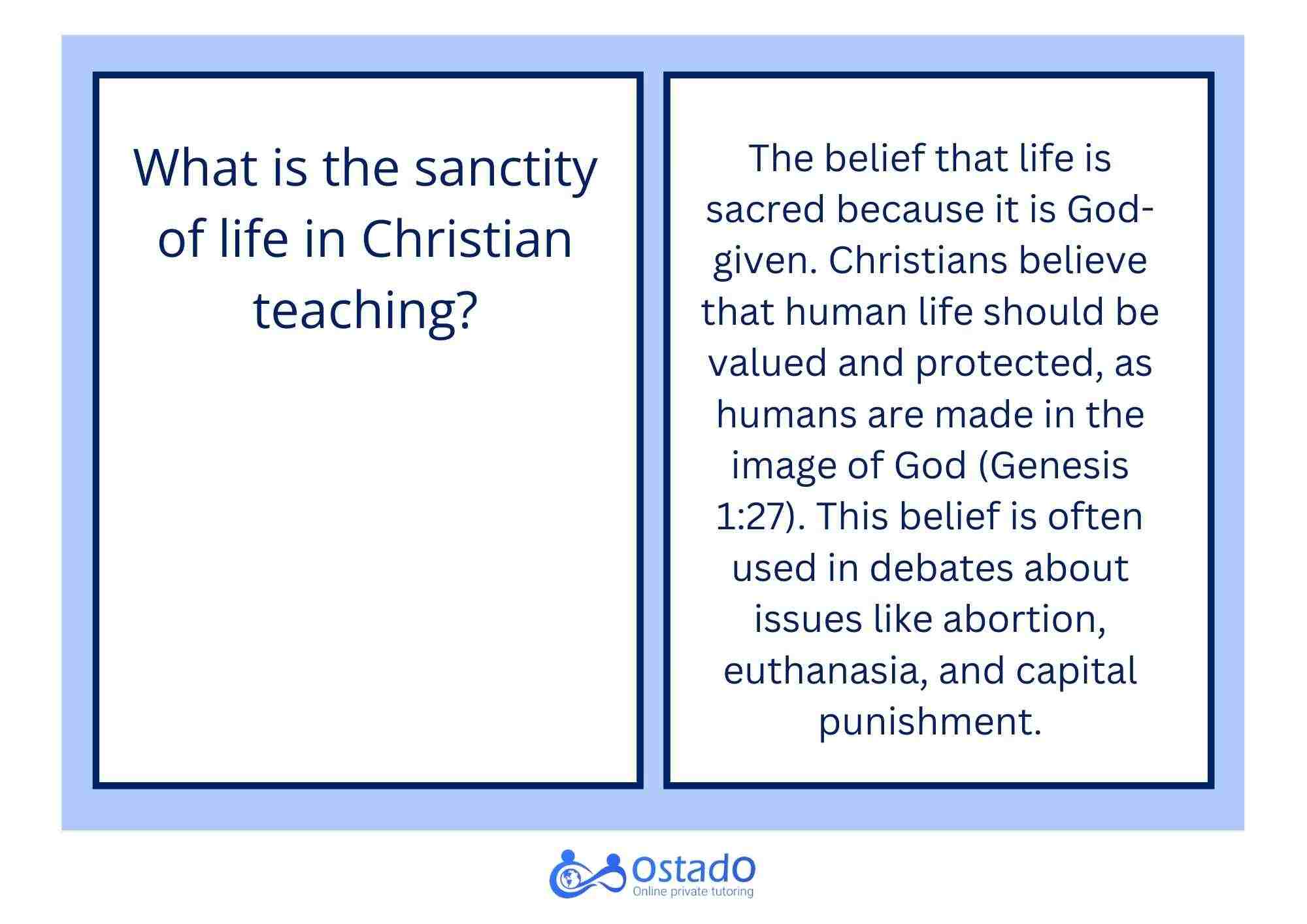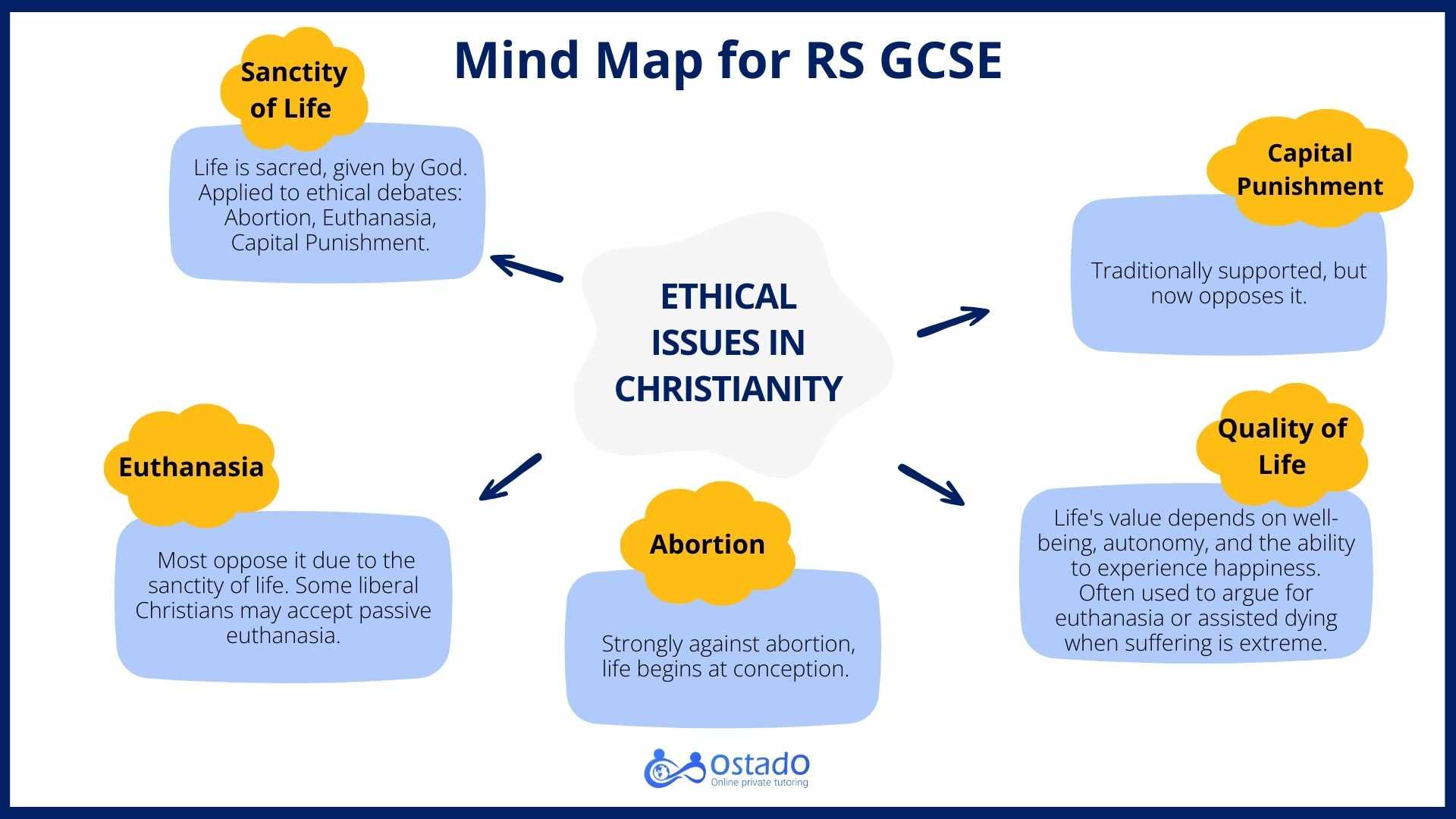Many students find Religious Studies an easy GCSE. However, without planning and insufficient revision, the subject is not that easy on exam day.
Revision is not that easy, either. There’s too much to cover with not that much time. How to revise for RS GCSE? How to get a 9?
You must build solid knowledge and essay writing skills to pass RS GCSE with high grades. What resources should you use? Let’s take a step-by-step look.
Create a Flexible, Time-Managed Revision Plan
RS covers several topics, such as:
- Religions
- People
- Morality
- Culture
- Philosophy
Create a revision timetable and allocate more time to what you find challenging. Also, make room to revise what you already know.
One of the best GCSE religious studies revision techniques is to break study sessions into smaller chunks. For example, study 30-45 minutes with 10 minutes of rest between sessions. The Pomodoro app can help you.
When to start GCSE revision? The earlier, the better. For RS revision 6 months before the exam is good.
Focus on Core Themes
The main topics in the RS GCSE exams are about:
- Religious traditions and beliefs.
- Ethical issues.
- Philosophical debates about God’s existence, the problem of evil, etc.
Study the core themes of different religions covered in your exam specification.
Ethical issues topics are important for exam success. Students must understand both religious and secular perspectives of the issues, such as:
- Sexual relationships before marriage.
- Homosexual relationships.
- Abortion.
- Euthanasia.
- Animal experimentation.
Read More: Judaism GCSE Revision.
How to Revise GCSE RS Essay Questions?
How to get good grades in GCSE? Practise essay writing.
RS essay questions generally involve ethics and philosophy. Students need to develop balanced arguments using critical thinking skills.
Discussing multiple viewpoints on ethical issues or philosophical debates is a great strategy. You can quote religious texts to support your arguments.
The structure matters, too. Write a clear introduction. Explore different arguments in organised paragraphs. Finish with a conclusion that ties everything together.
Use Exam-Specific Resources
How to revise GCSE RE? Use past papers. They are the number one GCSE guides. Also, take time to read the mark schemes. They help you realise what examiners look for.
- BBC Bitesize: a comprehensive resource covering all major religious topics and exam techniques.
- Seneca Learning: interactive lessons and quizzes.
- Mr McMillan REvis YouTube Channel: simplified video lessons.
- Revision World: past papers and mark schemes.
- RE Online: exam-specific guides and resources.
- Quizlet: pre-made flashcards to review key terms and concepts.
Use Interactive Study Tools
Flashcards and mind maps make studying more fun. Online resources such as Anki and Quizlet help you create personalised flashcards.
How to revise RE GCSE? Use mind maps to link themes and flashcards to learn key terms, for example:

Get Expert Guidance
To revise effectively, you need a structured study plan covering everything required. GCSE RE exams aren’t just about memorising concepts; you need superb critical thinking skills. That’s where GCSE tutors come to help.
Ostado expert tutors help you learn exam techniques based on your exam board.
With our personalised lessons and real-time feedback, you will gain more subject confidence.
For your comfort of mind, we offer free trial sessions. This way, you will find the perfect tutor to help you succeed quickly.

Beware the Common Mistakes of Religious Studies GCSE Exams
Since RS is not among the compulsory subjects for GCSE, careless mistakes are common.
GCSE religious studies students often make these mistakes on exam day and revising time:
| RS GCSE Common Mistakes | |
| Mistakes | How to Avoid |
| Misunderstanding key concepts | Double check. |
| Superficial responses | Provide evidence-based details. |
| Running out of time. | Practice past papers under timed conditions. |
| Lack of structure in essays | Avoid rambling or jumping between ideas. |
| Ignoring the evaluation component | Consider multiple perspectives. |
Your RS GCSE Exam Structure
Depending on the exam board, Edexcel vs AQA vs OCR, RS GCSE includes two exam papers:
- Paper 1, Study of Religions: core beliefs about God, prophets, the afterlife, and scriptures. 50% of the RS GCSE.
- Paper 2, Thematic Studies: ethics and philosophy. 50% of the RS GCSE.
The assessment objectives are:
- AO1 recalling and explaining religious teachings and ethical concepts. 50%
- AO2 evaluating different views and forming your own judgments backed by religious and ethical reasoning. 50%
RS GCSE FAQ
- What happens if you fail RS GCSE?You have the option of retaking the exam. Always check with the school on their retail policies. Also, check if you need RS GCSE for your further education. If the RS GCSE is not a requirement, you don't need to retake it.
- Where to revise RS?BBC bite-size and Revision World are among the best online resources.
- How to get a 9 in Religious Studies?Learn religious beliefs, ethical issues, and philosophical arguments thoughtfully. Practise past papers under timed conditions. Dedicate time and energy to learning essay writing for RS.
- Is RS GCSE easy?Many students consider the GCSE easy. However, it depends on your interests. You need a deep understanding of somewhat complex topics, achievable through effective studying.

